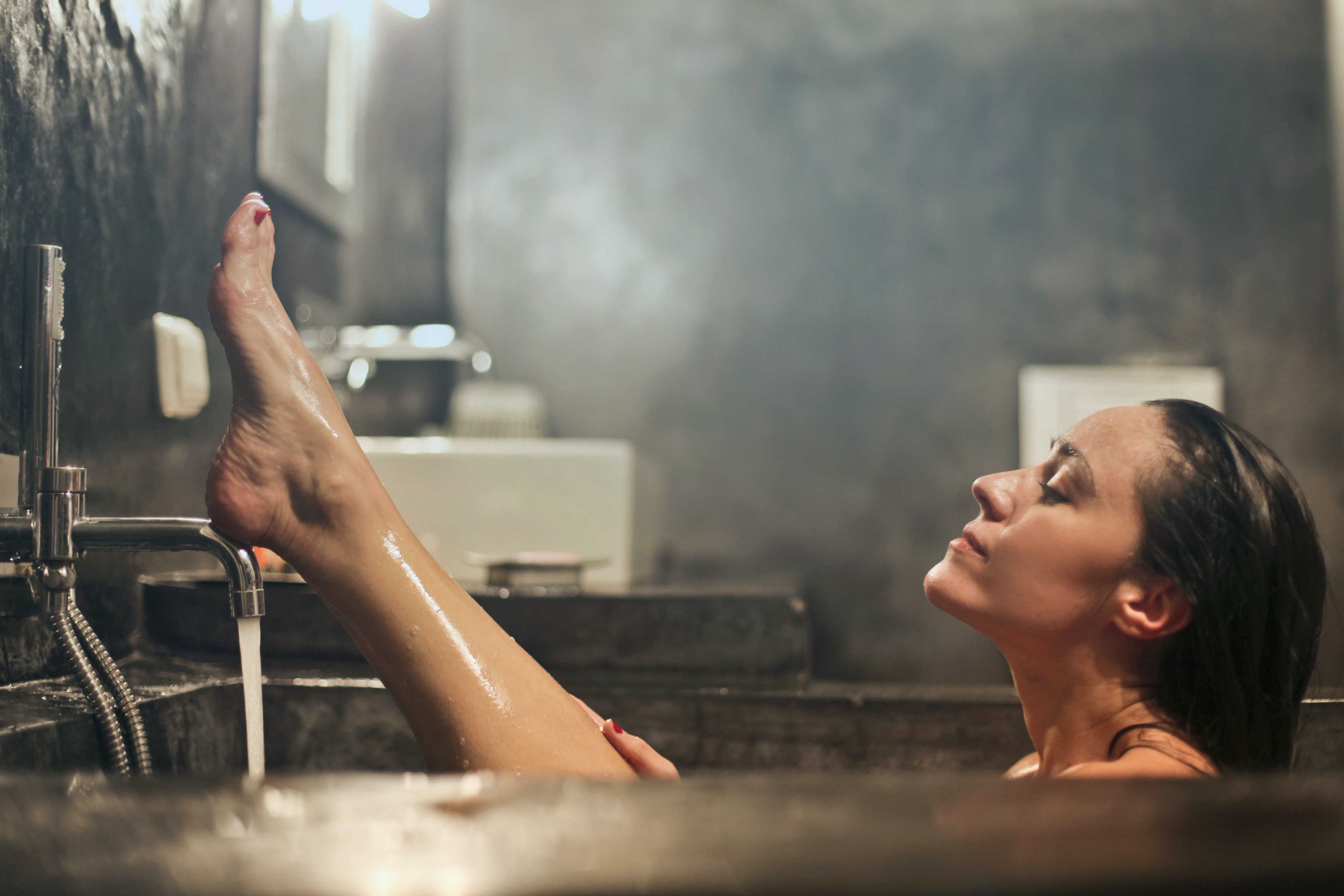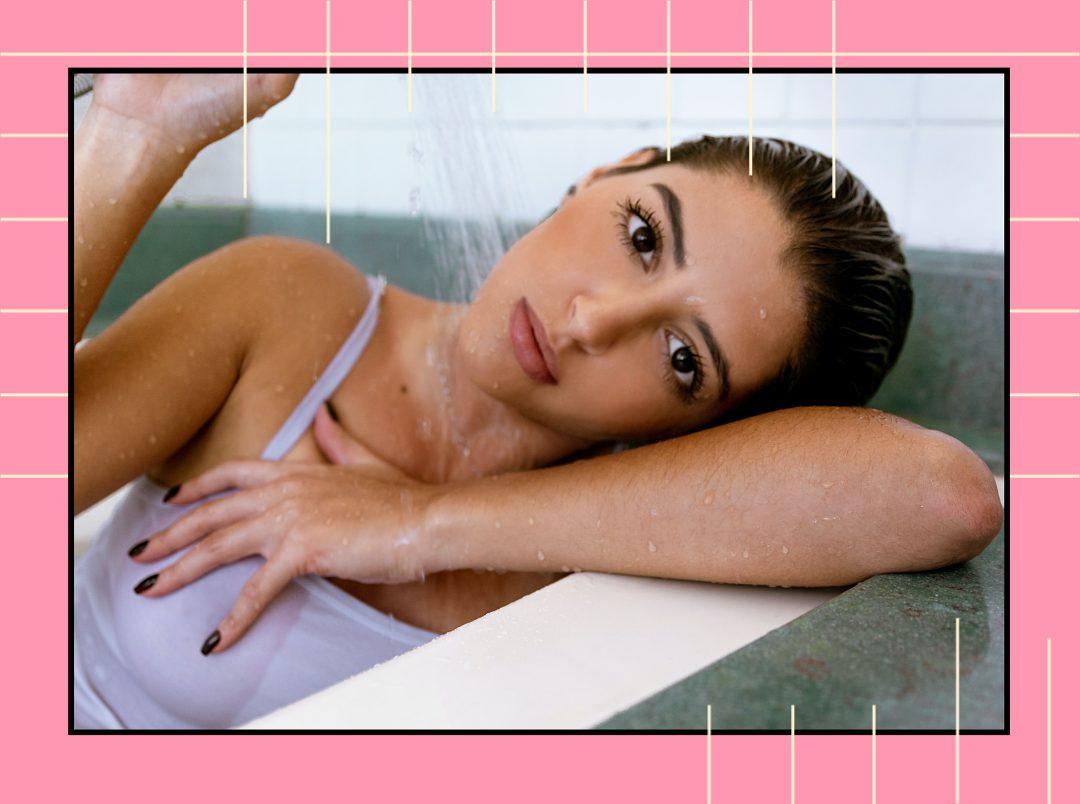Ugh—the much-dreaded conversation. I wish I was warned against the effects of hard water. At least before I thought nothing of it, and drenched my tresses in highly-concentrated minerals while I was on vacation (cue visuals of dry, frizzy hair that refused to look anywhere close to decent—quite the nightmare). And in my attempt to treat my hair post-exposure, I realised that my skin wasn’t too happy with the situation either. Yay, me.
That’s Harsh! You Need To Know This About Hard Water

What Is Hard Water?
Obviously—it’s not like you can tell by the appearance. But hard water contains higher concentrations of minerals like calcium and magnesium (soft water, on the other hand, contains higher concentrations of sodium)—and though consuming hard water is beneficial for your overall health, it’s not the best for your skin or hair.
Dryness? Check. Irritation? Check.
Circling back to the point—hard water sucks the moisture right out of your skin. Remember how I was talking about the water’s content of dissolved minerals? These minerals don’t rinse off easily. They sit on the surface of your skin, and absorb its natural oils and moisture. This causes dryness and itchiness. Oh, and, another not-so-fun fact—hard water has an alkaline pH, and since our skin is acidic, these two don’t take too well to one another. Enter more dryness.
That’s not it. The minerals from the water tend to react with your soap and gels, and lead to a build-up on the skin. This residual build-up doesn’t wash away easily. It can clog your pores, and cause acne flare-ups. And leave spots behind in the process. And for those with conditions like eczema, psoriasis, and dermatitis, contact with hard water exacerbates the situation by drying your skin out further. In the long-term, these minerals can form free radicals, break down collagen (a protein that gives your skin elasticity), and cause your skin to sag and wrinkle. You might not know that you’re receiving a supply of hard water, but the side-effects are enough evidence.
Disclaimer—Keep The Temperature Low
Make sure you’re not increasing the temperature of your shower—hot water strips your skin of moisture, and in conjunction with hard water, it’ll just intensify the issue. Try bathing in lukewarm/cold water instead. Cut down on your shower-time too.
Please. Install A Water Softener
Yes—it’s exactly what it sounds like. A water-softener works by removing minerals like calcium and magnesium from water-supply. You must install one if you suspect you’re receiving a supply of hard water.
Rehydrate With A Moisturiser
After you’ve showered, apply a hydrating moisturiser to your face and body (preferably damp to maximise absorption) to neutralise the effects of hard water. Try steering clear of products containing fragrances, alcohol, and other potential irritants while you’re at it. Make sure your cleansers, soaps, toners, and the rest of your products are mild on the skin.
Dab—Don’t Rub
While you’re towel-drying your skin, ensure you’re dabbing, and not rubbing.
And that was our scoop on hard water. Not so hard to beat, is it?
Featured Image: Pexels





